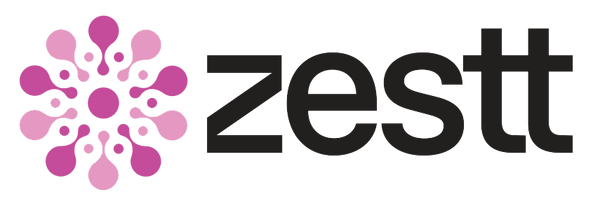When my middle son was four, he spent hours in the garden setting up ‘experiments.’ These experiments had little scientific method. He would transfer mud, leaves and other detritus into containers. Various kitchen ingredients were then added and we found many permutations in the freezer. As he became bolder and we let him loose in the kitchen, he would experiment with ingredients to make banana cakes. Early versions were inedible, but slowly he began to make ones we could eat. Perhaps there was more method to his science than I gave him credit for.
I share this story with you because I believe that everyone is a scientist at heart—curious about nature, how our bodies work and how the world works. Some people, like myself, obtain formal scientific training, which allows us to record the banana cake-making process, determine the variables contributing to a successful cake and report on this in a ‘scientifically acceptable’ manner. Others don’t receive formal science training and can be turned away from their scientific curiosity, locked out by the language and ‘seriousness’ of science.
I am reading an excellent book, ‘How to Change Your Mind’ by Michael Pollan. In it, he explores the world of fungi, particularly psychedelics; I’m not going there in this blog! He laments that biology has become the domain of microscopes and computers, rather than exploring nature and the world around us. There is an element of truth to this; perhaps this has contributed to our downfall as a scientific community.
Science has become inaccessible to many, full of acronyms and jargon and molecular to the degree that it feels disconnected from reality. I love science, so this makes me sad. I wish there were a way that people who don’t ‘like’ science would reconsider their position and find the curiosity my beautiful four-year-old boy once had.
Why am I writing this? The decimation of science structures in the USA is frightening and an extension of a disaffection with science and the scientific process. Furthermore, structures like the World Health Organisation underpin global health communication and treatment standards, and to see funding pulled from such organisations is truly heartbreaking.
At Zestt, we are pro-vaccination. We understand that this may upset some of you, but the scientific evidence supporting vaccination as a valuable tool in disease control is overwhelming. Global vaccination programmes have controlled diseases like smallpox, polio, measles, mumps, rubella, tetanus, and diphtheria. Given the diseases already out there and those yet to evolve, we must continue to fund vaccination development and distribution.
The political system pushes us to extremes. We must hold the centre, where we listen to each other and retain curiosity about the world around us. We must never lose the wonder of biology and always understand that science is a process of questioning, testing and retesting—it’s not evil and should never be inaccessible. Science is not only the domain of scientists—it is for us all.
|
|

